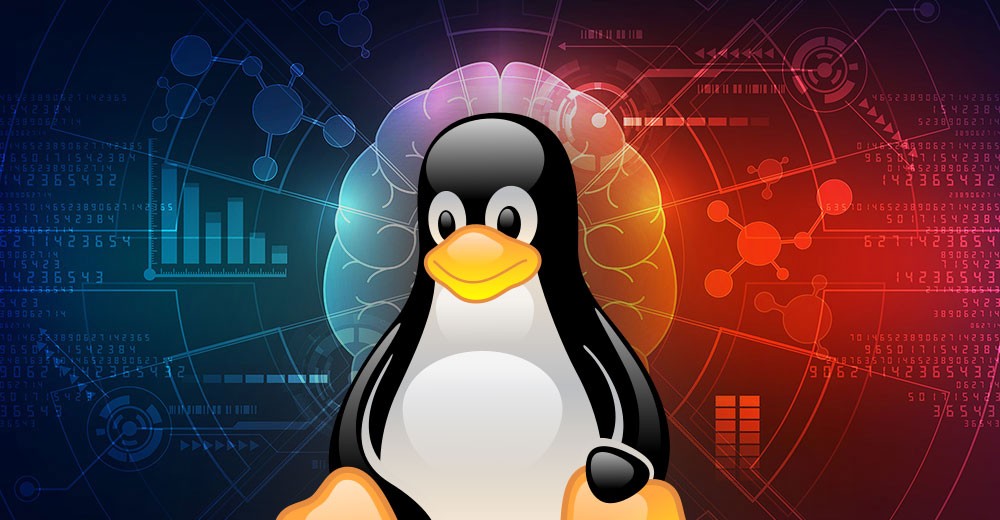
Why Linux is the Most Popular Operating System
Linux operating systems are widely used in numerous software applications. From large scale social media platforms to gaming consoles to popular coding languages, it’s hard to avoid the use of Linux anywhere on the Internet. The integration of IoT, embedded systems and robotics in Linux has driven innovation across several industry verticals and is also fueling increased market growth.
Moreover, the availability of numerous open source codes and products will generate wider adoption across the world. The ongoing efforts taking place to replace conventional operating systems in the IT and telecom sectors with Linux-based systems has opened up massive growth potential for the overall market in the coming years. The increasing adoption of these systems in enterprise data centers and the explosion of data center build-outs will have a huge impact on the growth of the marketing the foreseeable future.
But why is Linux so popular?
Price
What makes Linux attractive is the free and open source software (FOSS) licensing model. One of the most attractive elements offered by the OS is its price totally free. Users can download current versions of hundreds of distributions. Businesses can supplement the free price with a support service if needed. Another Linux benefit is the availability to download and run thousands of free, fully functional applications.
Stability
This is a debatable point, and where I think Linux triumphs is because of its community. As Linux’s popularity grew, so did the number of developers and users involved in evolving the codebase. This army of highly competent and dedicated individuals has spent and continues to spend countless hours discovering and quickly correcting bugs, while also improving the code.
Security
For the same reason underpinning its stability, Linux continues to be the most secure kernel currently running in production. When an exploit is discovered, it is immediately patched into the latest stable kernel and to all affected Long Term Supported (LTS) kernels. Taking cues from its UNIX predecessors, Linux was from the very beginning designed to be a multiuser operating system.
Support
While Linux and the operating systems using the kernel are free, supporting those operating systems typically requires companies and end users to pay for support subscriptions. As such, they are guaranteed to get the latest software technologies, hardware support and security patches integrated into their environment and onto their physical or virtual machines.
But who really uses Linux anyway?
1) Linux is a popular choice among developers and programmers due to its open-source nature and robust development tools. Many software developers use Linux as their primary operating system for coding and software development.
2) Linux is a dominant force in the server and data center world. Many web servers, cloud servers, and supercomputers run on Linux. Linux's stability, security, and performance make it an ideal choice for server deployments.
3) Linux is commonly used in embedded systems, such as routers, IoT devices, and smart appliances. Its flexibility allows developers to customize and tailor the operating system to specific hardware requirements.
4) Science-based organizations, particularly those running supercomputers, rely on Linux (e.g. NASA, CERN, NOAA, universities, etc.)
5) Sabre, the ubiquitous airline reservation system, runs on Linux.
6) Most in-flight entertainment systems run on Linux.
7) The most innovative software such as OpenStack, Docker, Kubernetes, etc. were all designed initially to support Linux.
8) Most global stock exchanges run on Linux.
And the list can go on and on…
What are your thoughts on Linux?
Deputy General Manager Sales Marketing at Uk Bangla Feed Ltd
3mohttps://www.raisastyle.com/2024/01/dermatological-problems-banish-skin.html
AWS CB, GDE, CK{S,A,D}, SCE, LFCE, RHCA XI, SCI, RHCI, JBCI, Google Authorised Trainer, Docker Community Leader, Kubernetes, Openshift, Ansible,SUSE
8moThanks for sharing :)